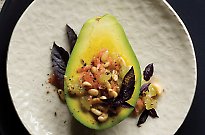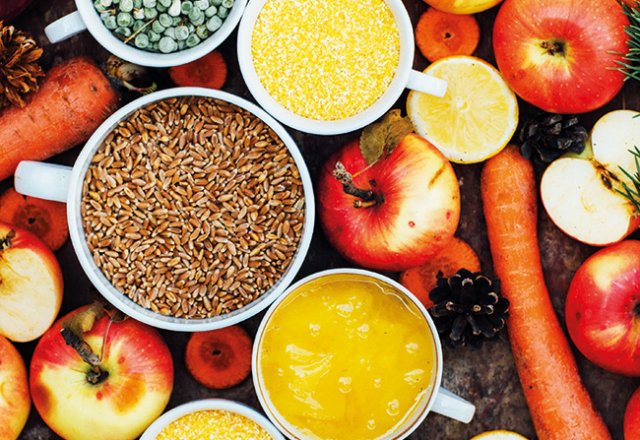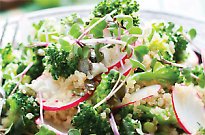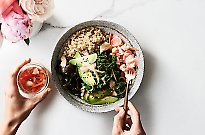
Top anti-inflammatory foods

It's all in the food you eat.
Research shows new links between chronic inflammation and a wide range of diseases. Here, Lana Nowakowski shares an extensive list of anti-inflammatory foods that can help manage inflammation.
- Extra-virgin olive oil
- Oily fish, such as salmon, mackerel, tuna, trout, herring and sardines
- Brightly coloured vegetables, such as beetroot, capsicum, carrots, green leafy vegetables, and squash
- Cruciferous vegetables, including broccoli, brussels sprouts, cabbage, cauliflower, kale and turnips
- Brightly coloured fruits, such as apples, apricots, avocado, berries, cherries, mango, oranges, pineapple, red grapes, and tomatoes
- Herbs and spices, especially ginger, garlic, chilli, cinnamon, curry powder and turmeric
- Wholegrains such as barley, brown rice, buckwheat, oats and quinoa
- Beans and legumes, such as cannellini beans, chickpeas, lentils and red kidney beans
- Nuts, especially almonds, Brazil nuts, pecans, pine nuts, pistachios and walnuts (up to a handful a day)
- Chia, flax and hemp seeds
Want to know how these anti-inflammatory foods actually work? Grab the August-September 2016 issue of Australian Natural Health Magazine for the full article and more.
Check out our Instagram @naturalhealth_mag for all things health and wellbeing!


